What is vitamin E?
Benefits of Vitamin E in Skin Care
Which skin types benefit from vitamin E?
What is vitamin E?
Vitamin E is a group of fat-soluble compounds that act as antioxidants. The best-known and most biologically active form of vitamin E is tocopherol (especially alpha-tocopherol), but tocotrienols also belong to the vitamin E family and have similar, but somewhat different, properties.
In natural cosmetics, vitamin E is often used in the form of tocopherol (usually listed as "Vitamin E" on labels). It can be extracted from vegetable oils such as wheat germ, sunflower, or olive oil.
Benefits of vitamin E in natural cosmetics
1. Strong antioxidant protection
Vitamin E is primarily known as an antioxidant. It protects the skin from the damaging effects of free radicals caused by external environmental factors such as UV radiation, air pollution, and smoke. These free radicals can damage skin cells and lead to premature aging by attacking collagen and elastin fibers. Vitamin E neutralizes these free radicals, thus protecting the skin from oxidative stress and the signs of aging.
2. Promote skin regeneration
Vitamin E supports the skin's repair process by stimulating cell regeneration. It promotes the healing of skin damage, such as minor cuts, burns, or skin irritations. Therefore, it is often used in products for treating scars, stretch marks, or acne scars. It helps improve the skin's appearance by accelerating the healing process and reducing the appearance of scars and imperfections.
3. Moisturizing
Vitamin E is a moisturizer that helps keep skin soft and supple. It supports the skin barrier by preventing moisture loss and protecting the skin from drying out. When combined with other nourishing ingredients, such as fats and oils, vitamin E can intensively moisturize the skin and provide long-lasting hydration.
4. Soothing and anti-inflammatory effect
Vitamin E has anti-inflammatory properties, making it an excellent ingredient for sensitive or irritated skin. It can help treat redness, itching, and inflammation, and soothes the skin. This effect is especially beneficial for skin conditions such as eczema, rosacea, or psoriasis.
5. Protection against UV damage
Although vitamin E doesn't provide complete sun protection, it supports the skin's protection against the harmful effects of UV rays. It helps protect the skin from sun-induced damage such as sunburn and premature aging by neutralizing free radicals and reducing tissue inflammation. It is often used as a supplement in sunscreens or after sun care products.
6. Anti-aging effects
By fighting free radicals and promoting cell regeneration, vitamin E contributes to slowing the skin's aging process. It helps reduce the appearance of fine lines and wrinkles and promotes radiant, fresh-looking skin. When combined with other anti-aging ingredients like vitamin C, vitamin E can improve skin texture and increase its elasticity and firmness.
7. Protection from environmental influences
Vitamin E not only protects the skin from UV rays, but also from other environmental factors such as air pollution and harmful chemicals. These environmental factors can damage skin cells and lead to premature aging. As an antioxidant, vitamin E forms a protective barrier that protects the skin from external stressors, thus reducing the risk of skin irritation and inflammation.
8. Promotes skin elasticity
Vitamin E contributes to increased skin elasticity by supporting collagen production. This is especially helpful in keeping skin firm and taut, which is especially beneficial for mature skin or skin that has been weakened by stretching or weight changes.
Which skin types benefit from vitamin E?
Dry skin: Vitamin E is especially beneficial for dry skin because it provides intense hydration and strengthens the skin barrier. It helps soften skin, relieve dryness, and prevent dehydration by protecting the skin from moisture loss.
Sensitive skin: Vitamin E has anti-inflammatory properties and can soothe sensitive skin. It helps reduce redness and irritation and promotes the healing of skin irritations. It acts as a protective shield against external irritants and supports skin regeneration.
Mature skin: In mature skin, vitamin E acts as a powerful antioxidant that can slow the formation of wrinkles and fine lines. It promotes collagen production and improves skin elasticity, making the skin look younger and firmer. It also helps repair skin damage caused by UV radiation.
Acne-prone skin: Vitamin E also has benefits for people with acne. It can help reduce scarring and promote the healing of blemishes. However, it should be used with caution, as vitamin E may clog pores in some cases of very oily skin. For acne, it is best to use it in the form of non-comedogenic products.
Oily skin: Oily skin can also benefit from vitamin E, especially if the product has a lighter formulation. It helps soothe the skin, reduce inflammation, and hydrate the skin without overdoing it.
In summary: Vitamin E is beneficial for almost all skin types because it moisturizes, soothes, counteracts aging, and supports the healing process. Skin types with dry, sensitive, or mature skin especially benefit from its regenerating and protective properties. However, those with oily and acne-prone skin should be cautious and make sure to use suitable, non-comedogenic products.


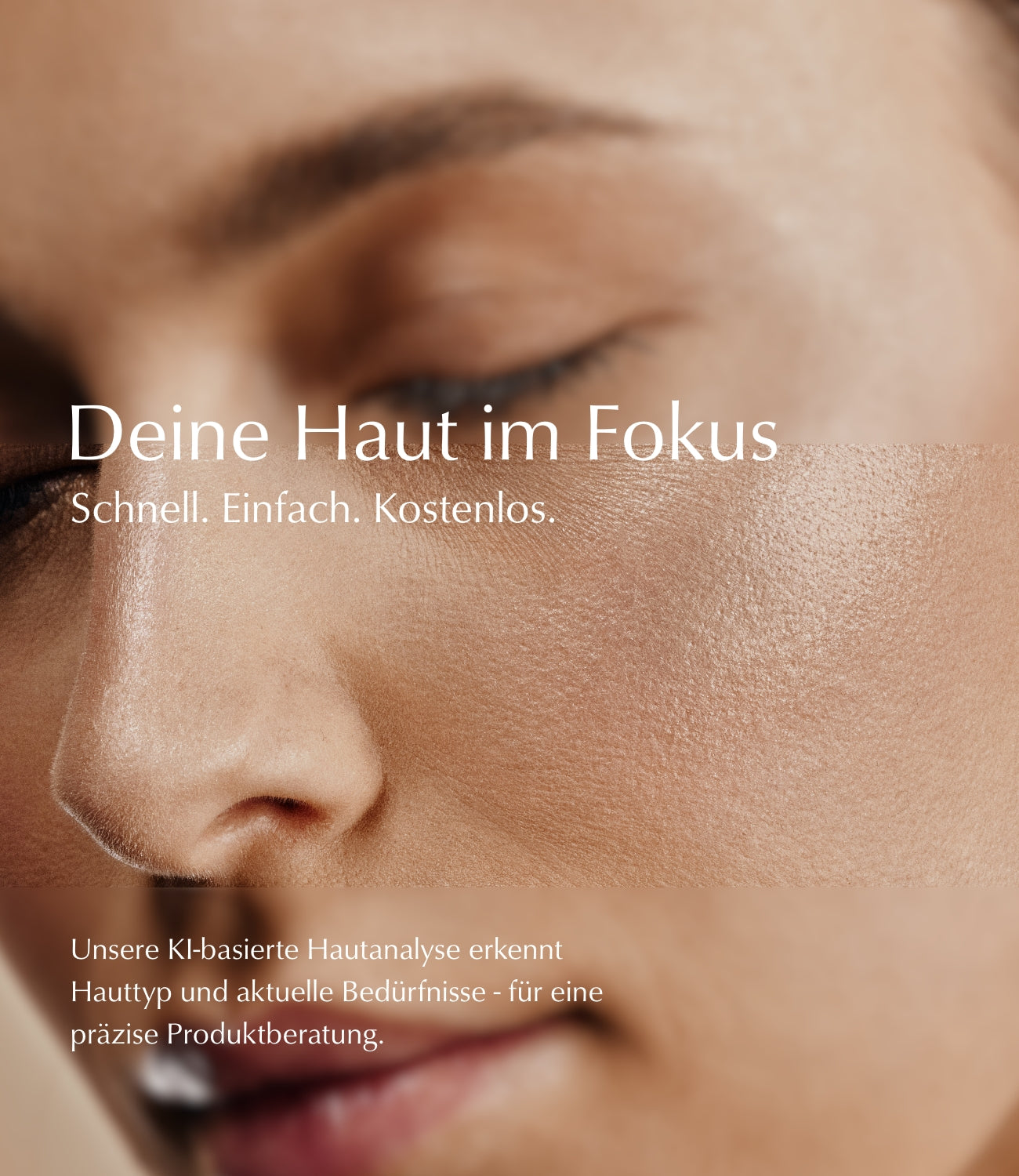
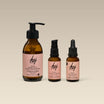

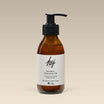

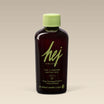
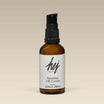
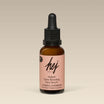
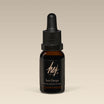
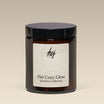

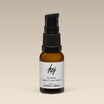
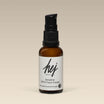
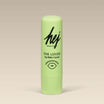


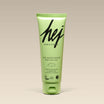
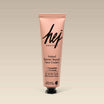
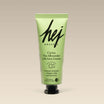
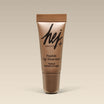
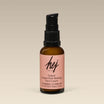



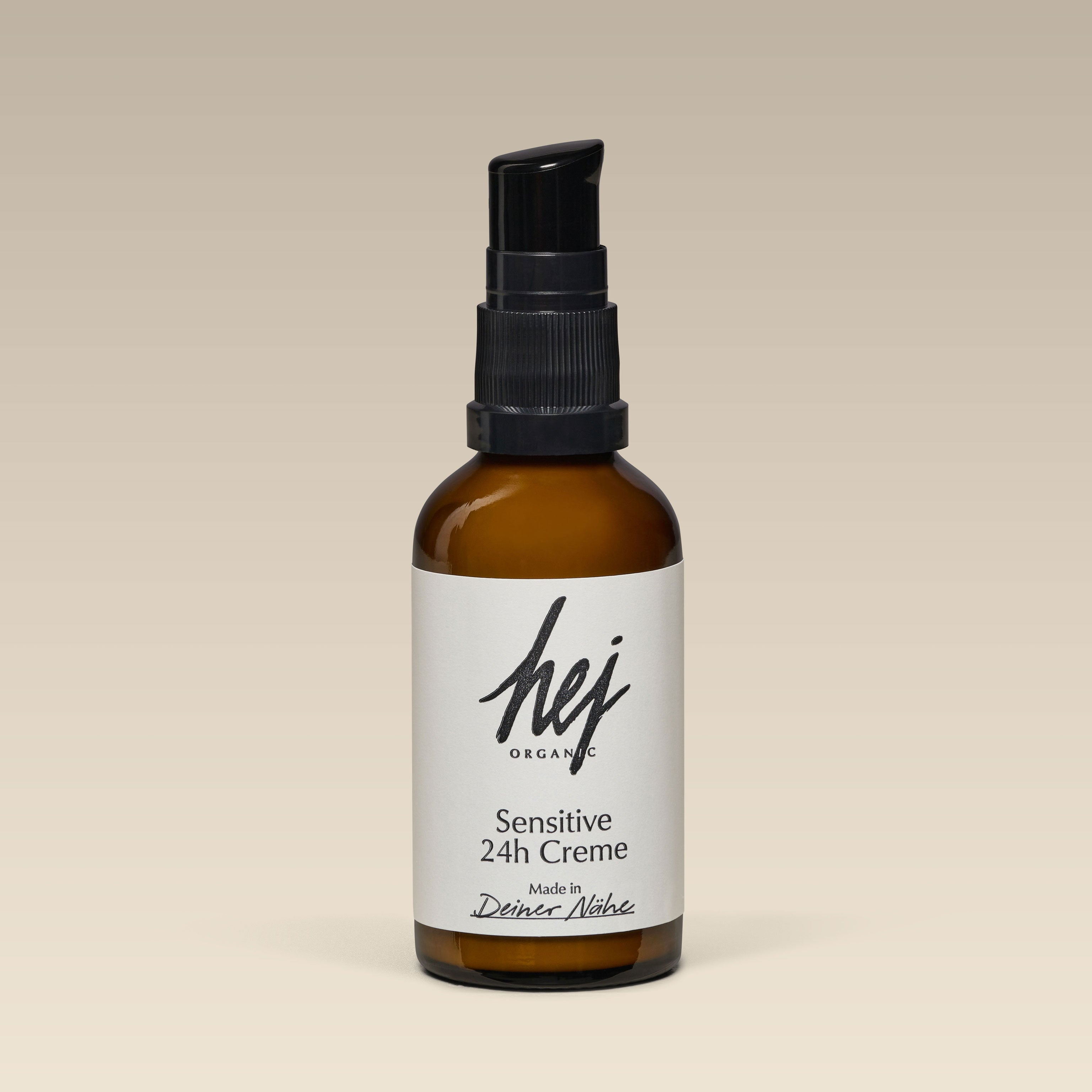
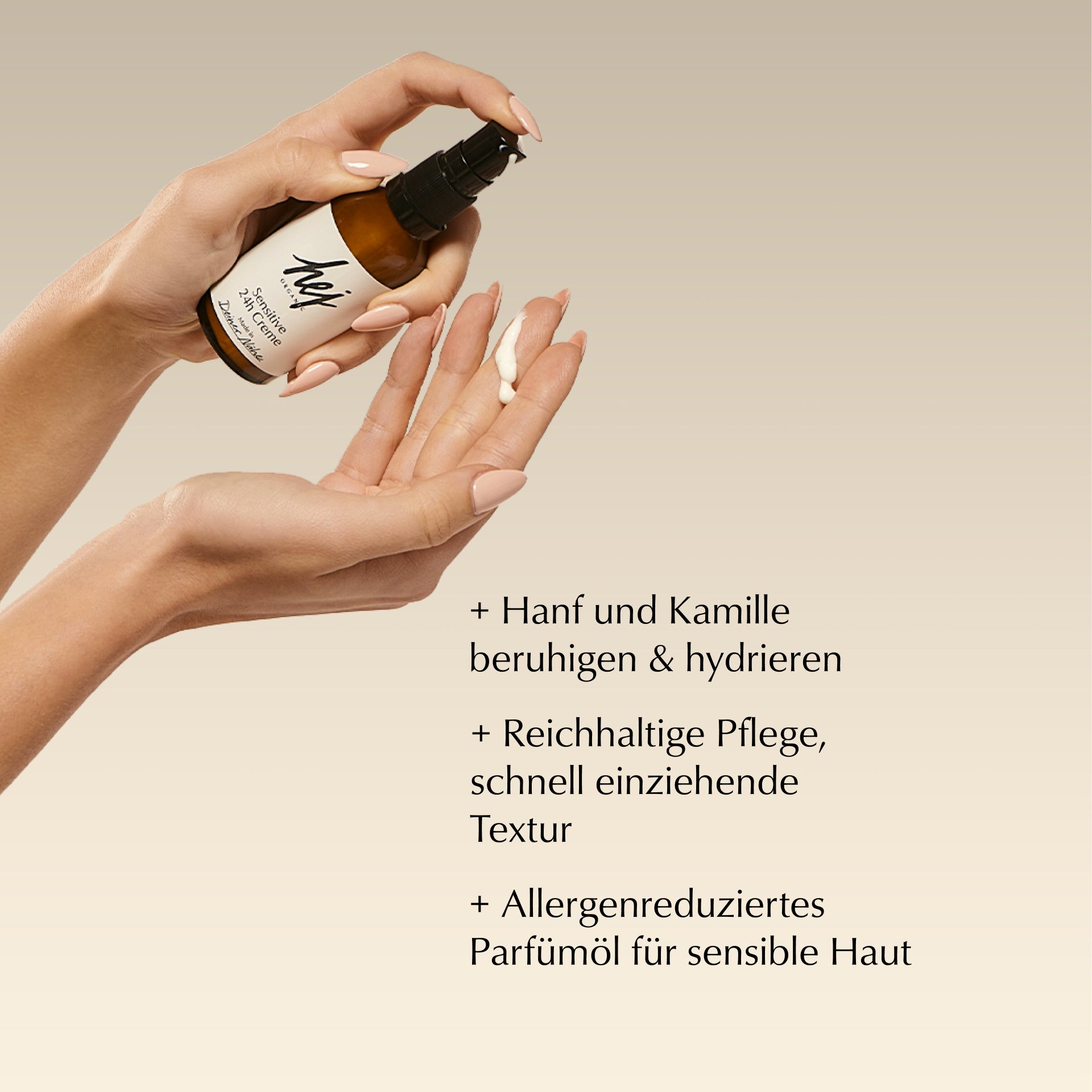
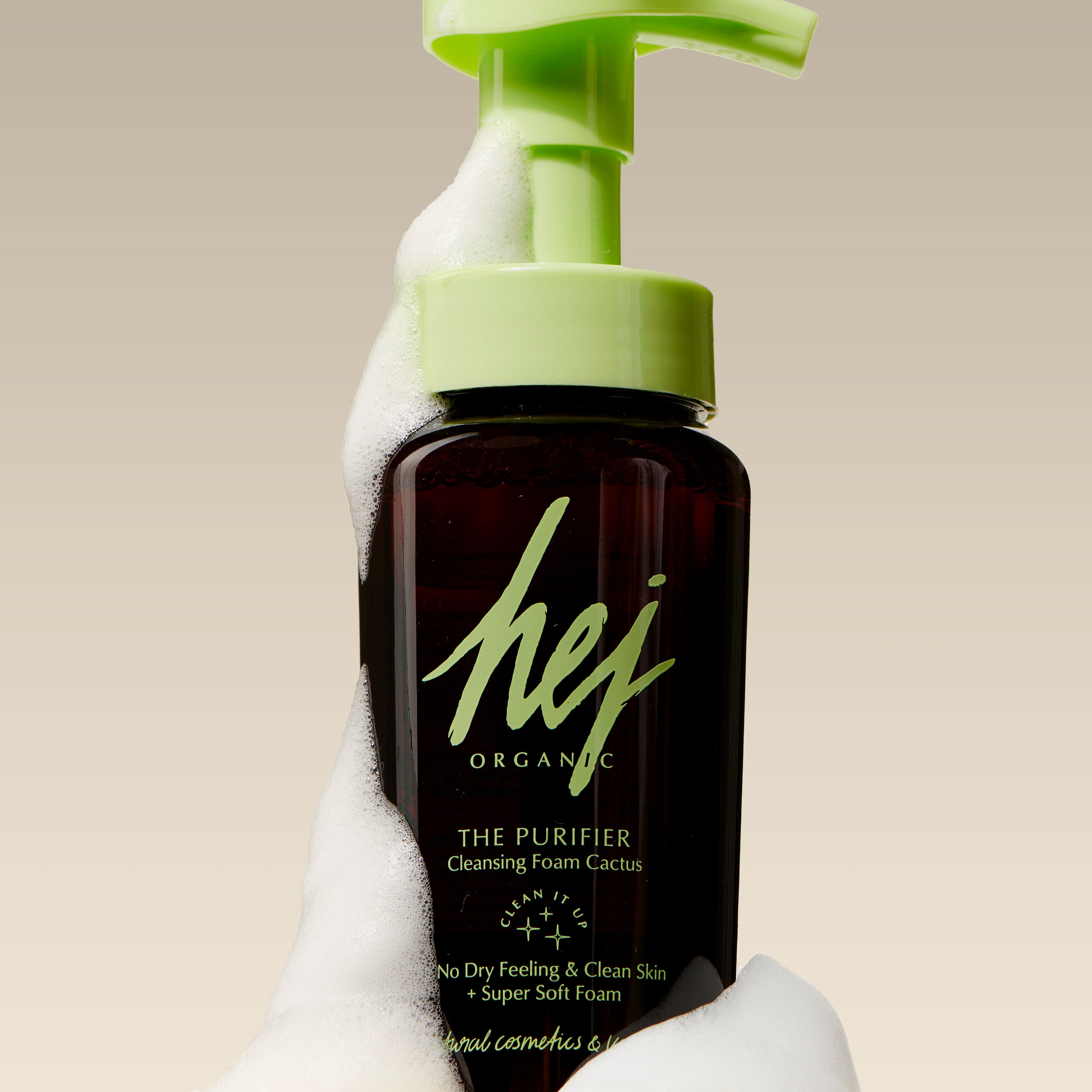
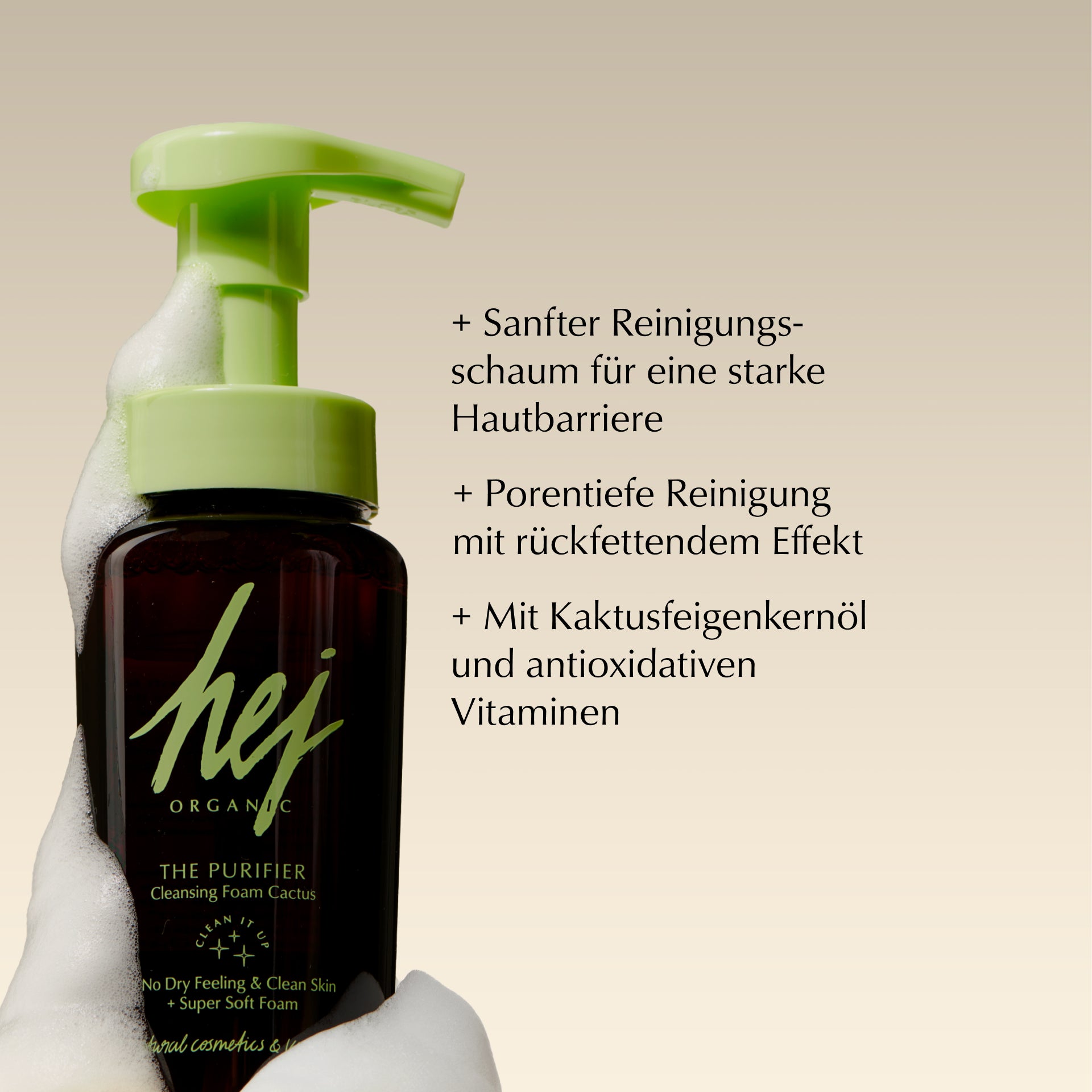
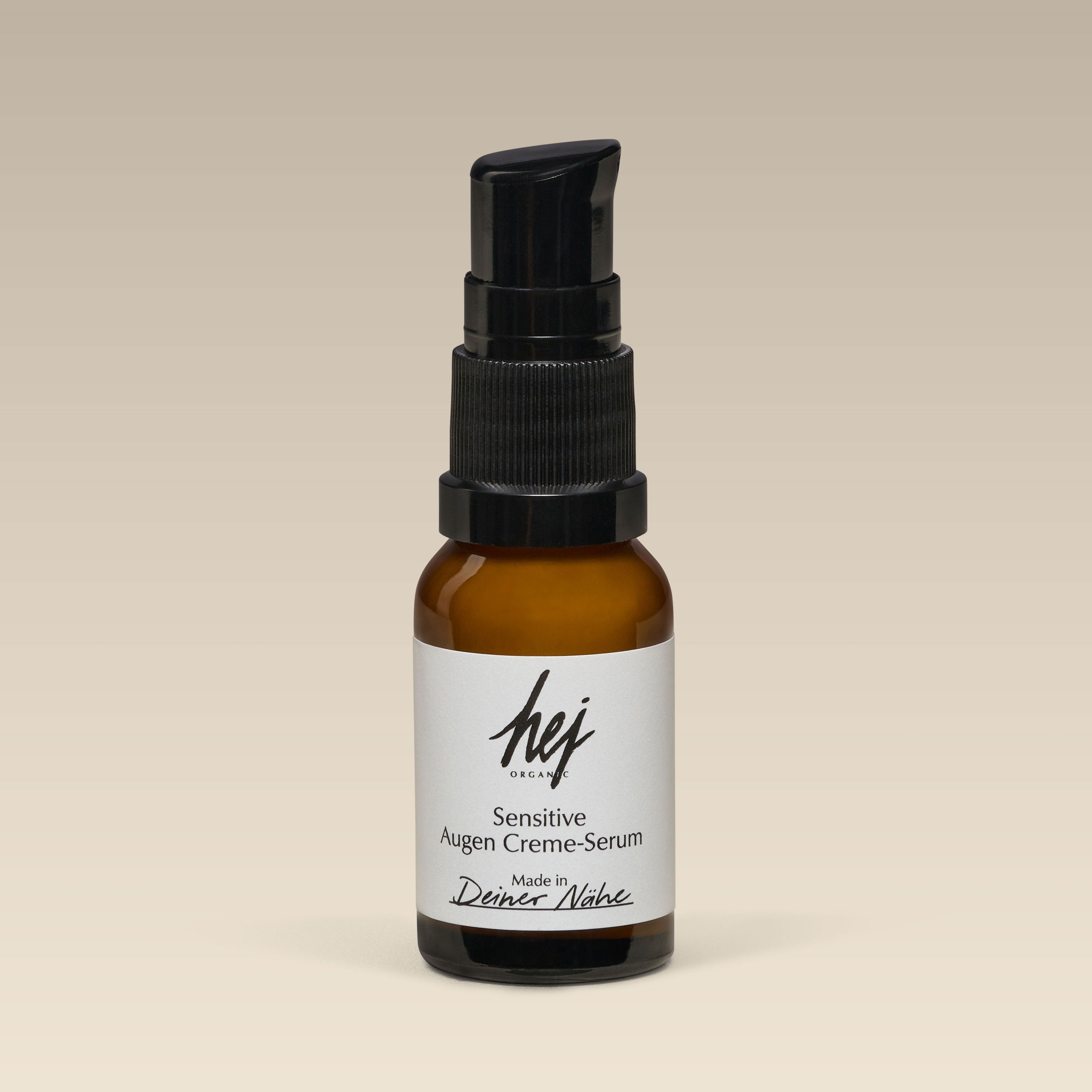
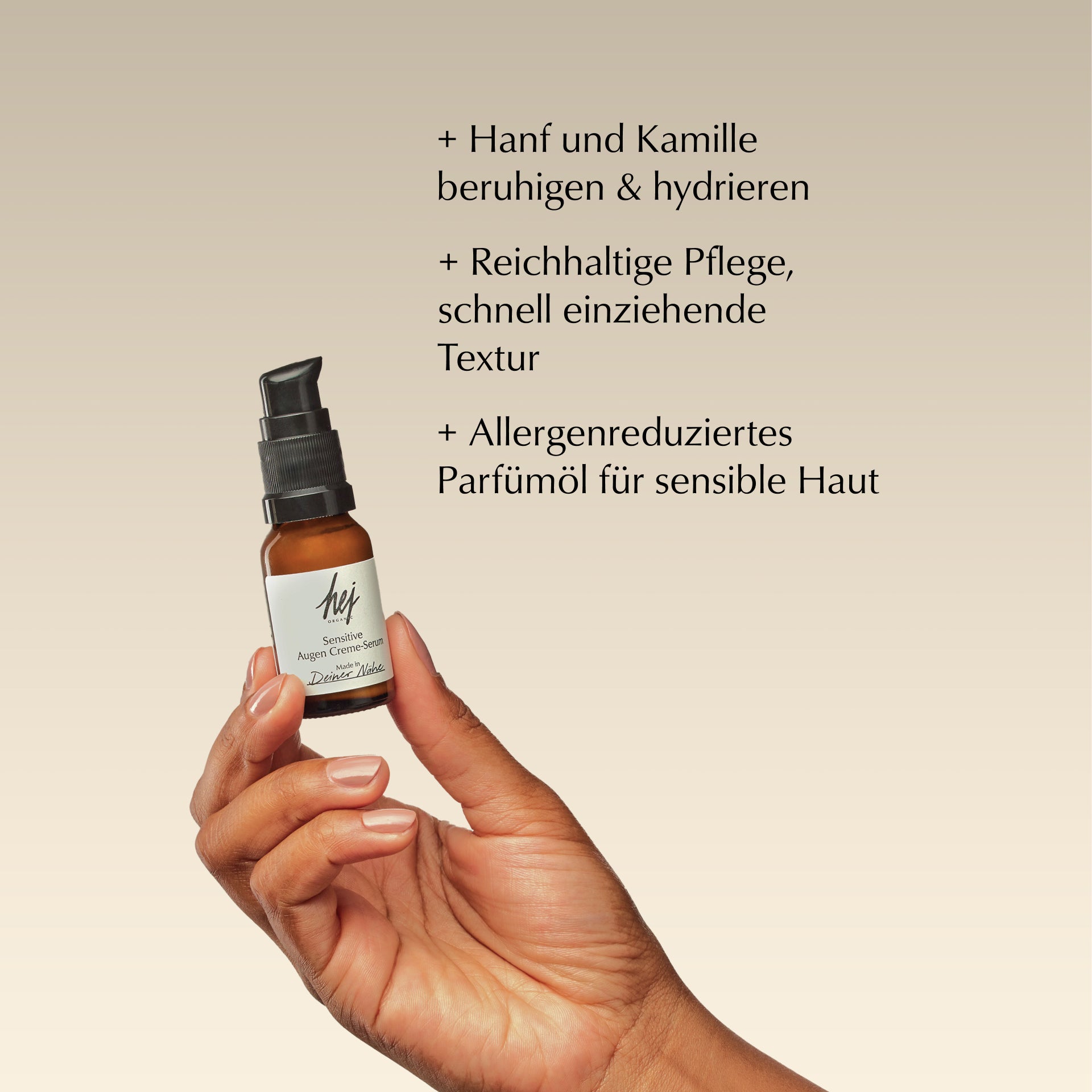
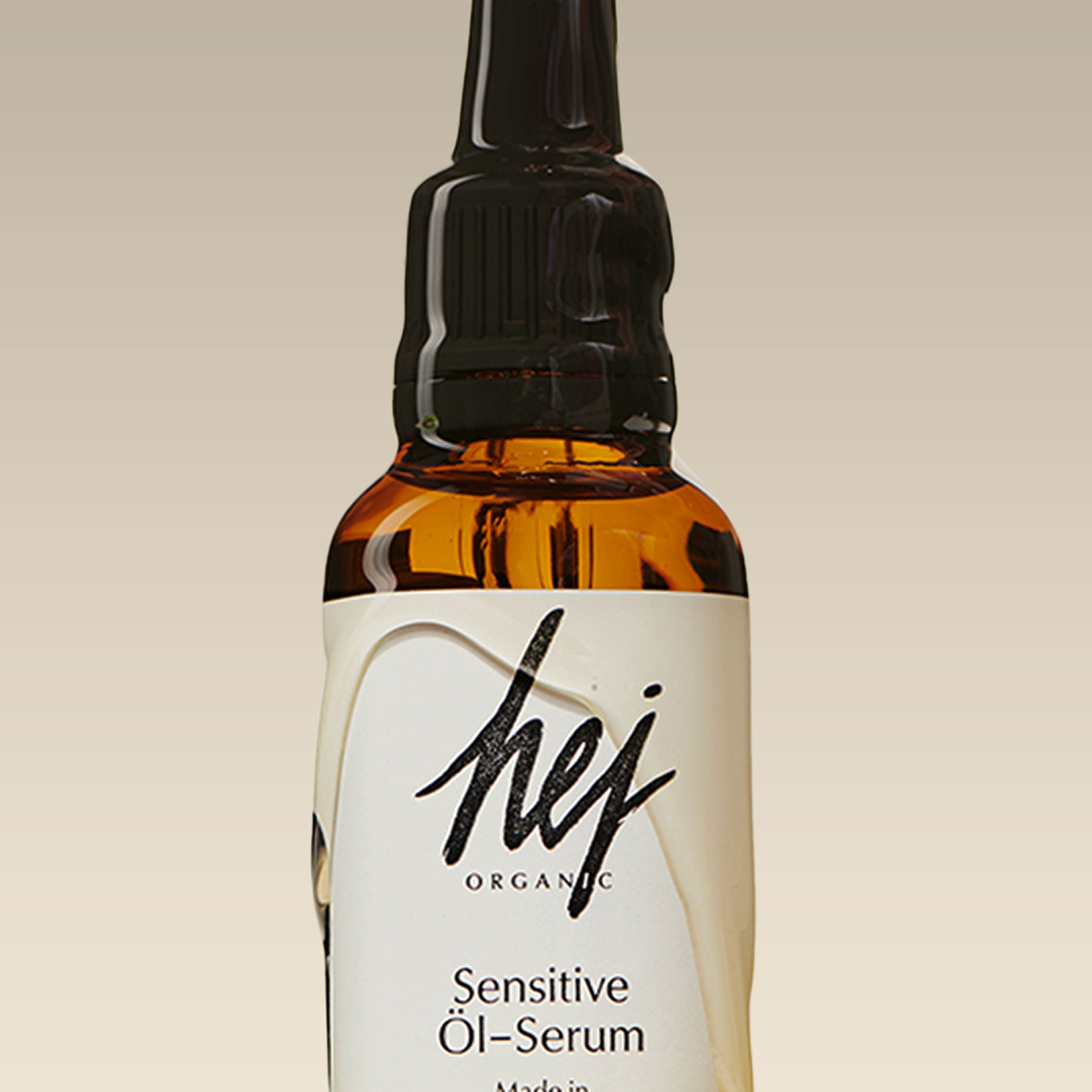
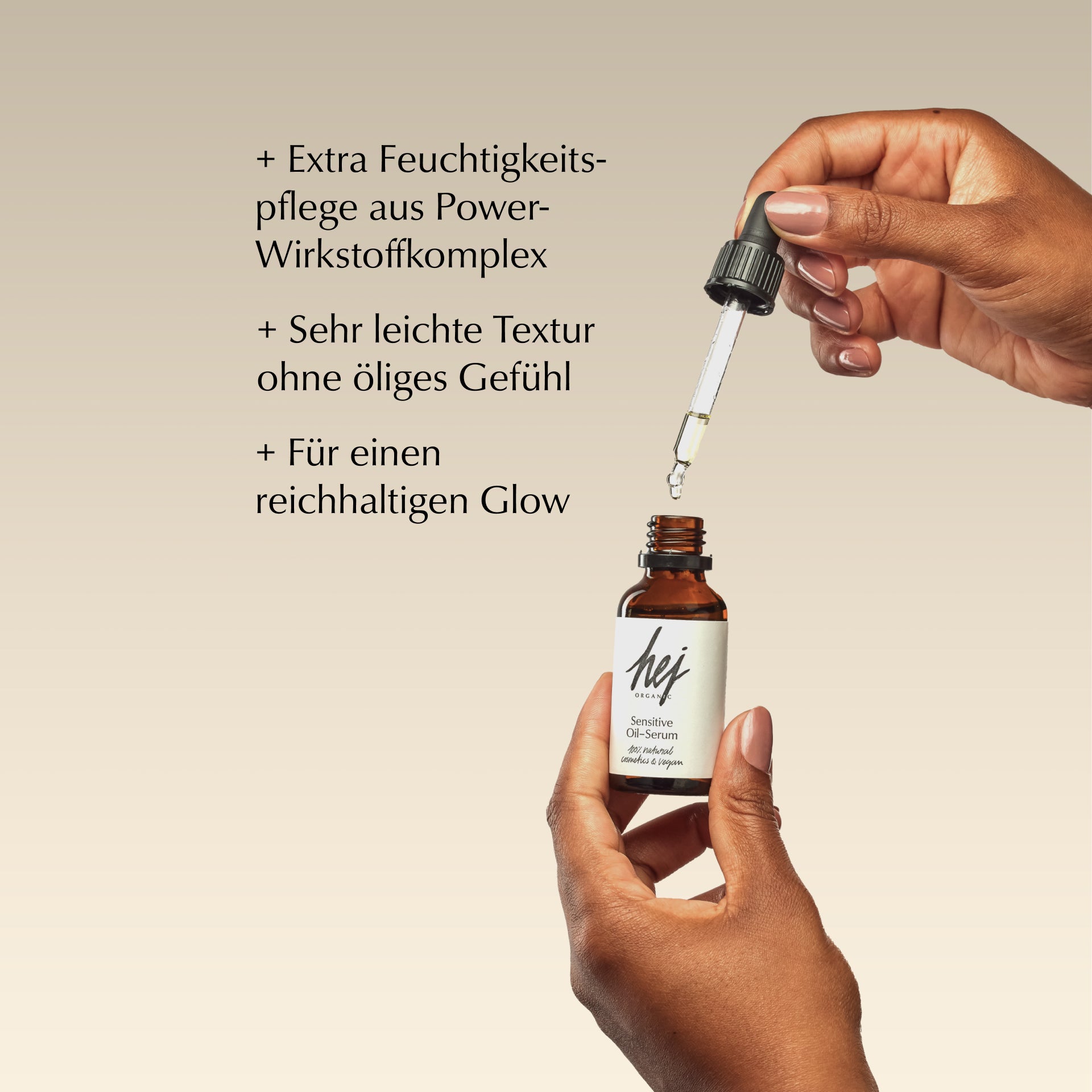
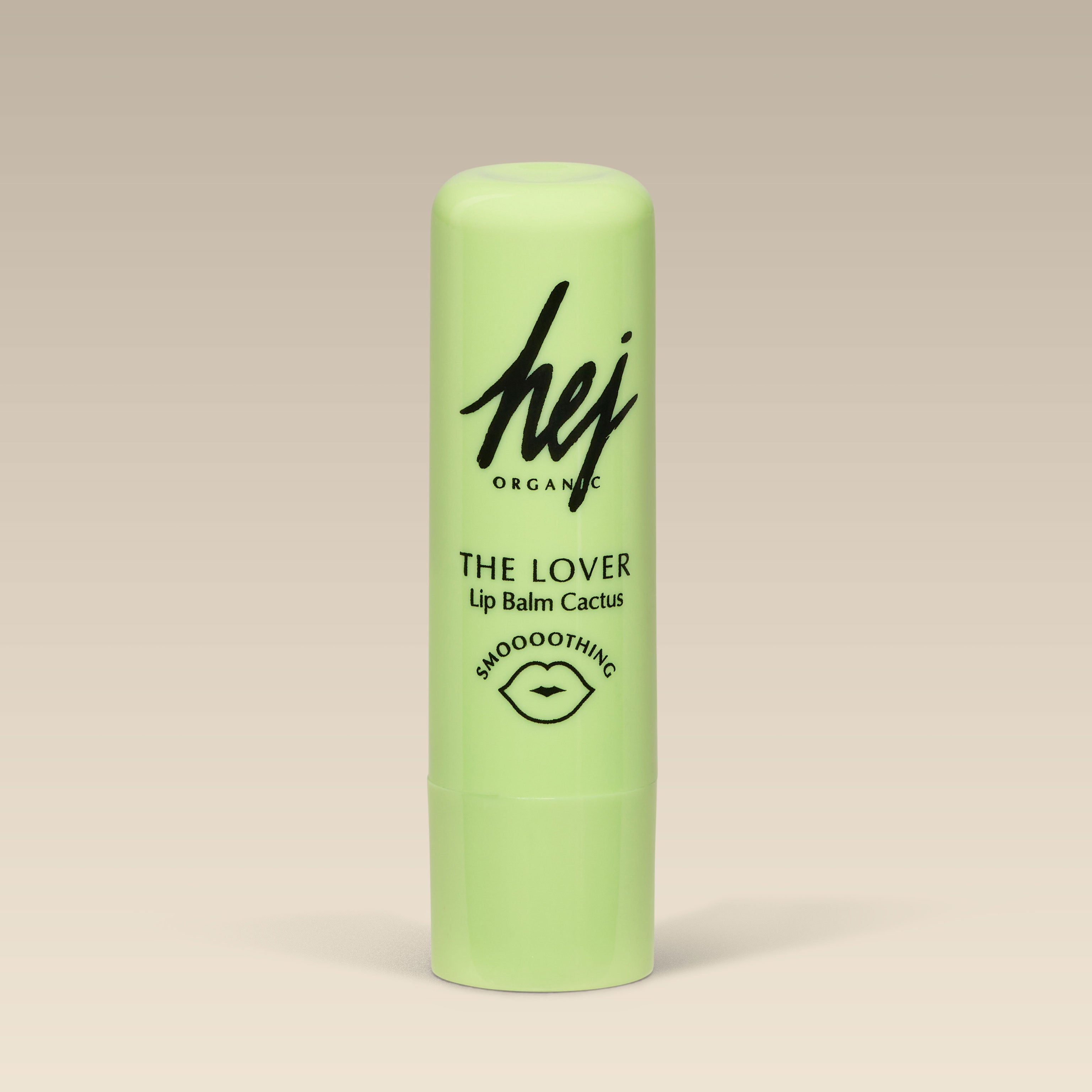
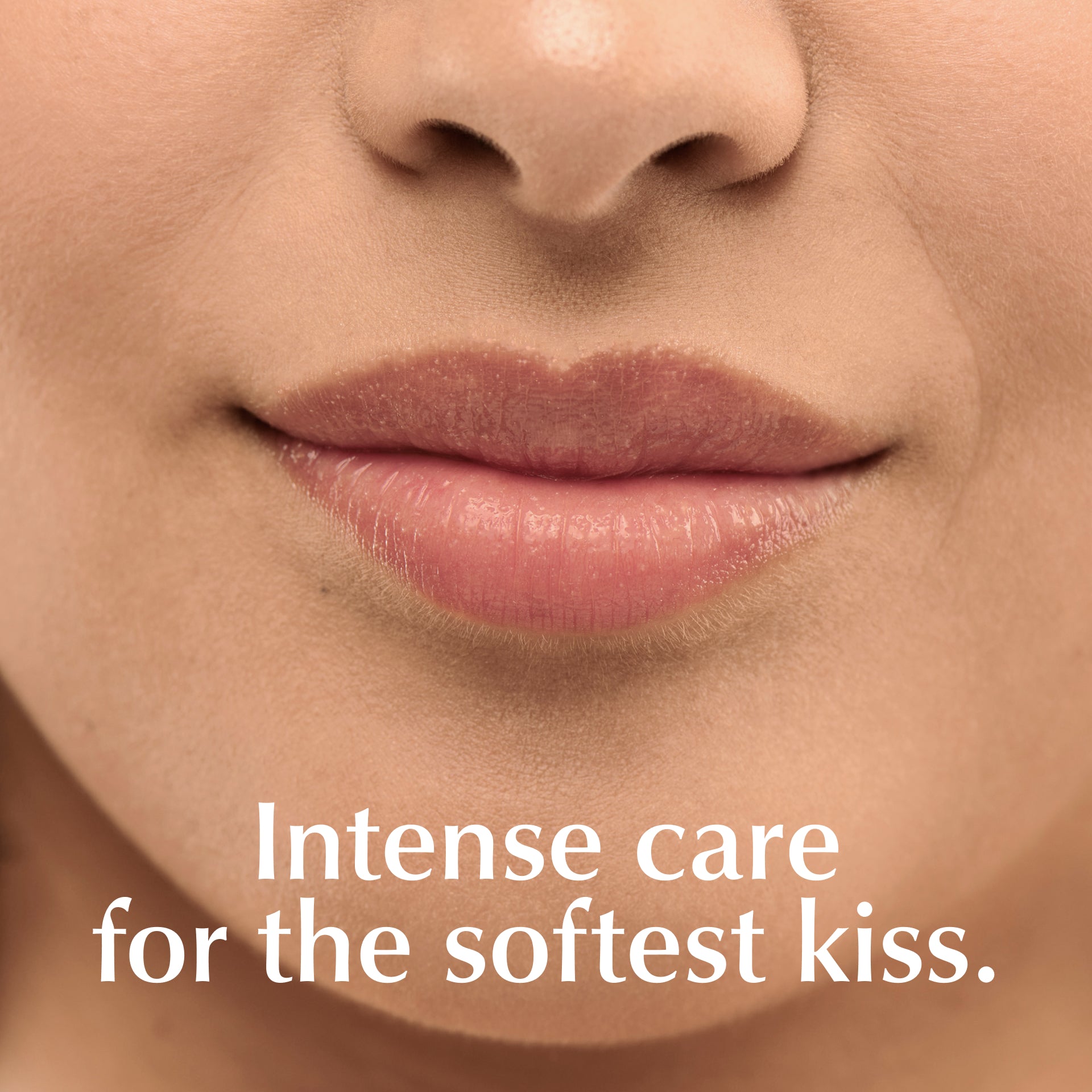
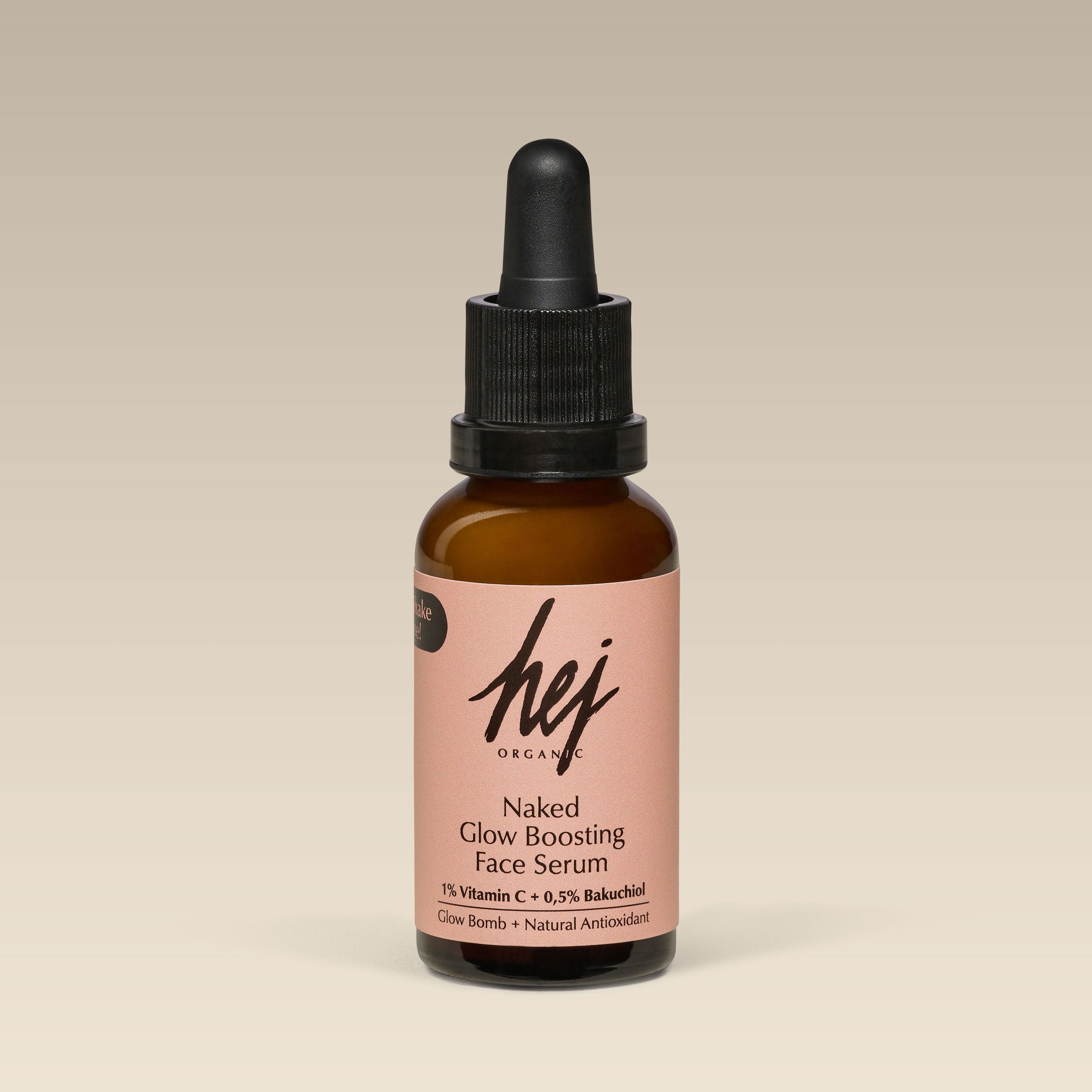
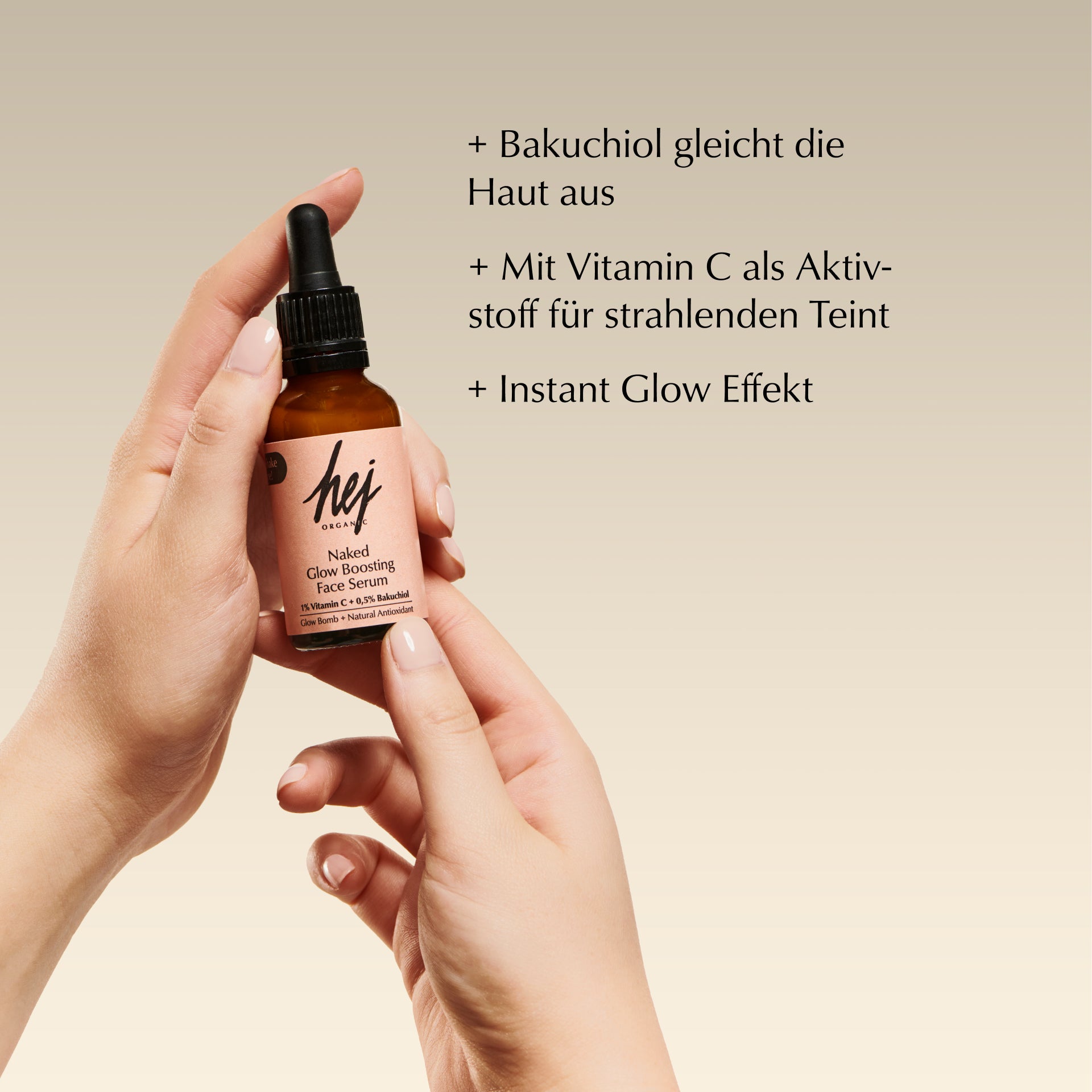
Leave a comment
This site is protected by hCaptcha and the hCaptcha Privacy Policy and Terms of Service apply.